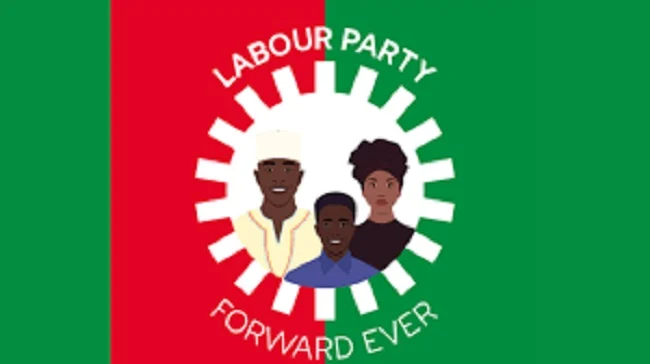President Tinubu Ends Vacation, Returns to Abuja

President Bola Tinubu is set to return to AbujaToday, Tuesday, September 16, 2025, after completing his work vacation ahead of schedule. This development was officially confirmed in a statement issued by Bayo Onanuga, Special Adviser to the President on Information and Strategy, on September 15, 2025.
The President had initially departed Abuja on September 4, 2025, to embark on what was described as a working vacation in Europe, forming part of his 2025 annual leave. The itinerary was initially planned to include time in both France and the United Kingdom, spanning a 10-day period.
During his stay in Paris, President Tinubu engaged in significant diplomatic activities, notably holding a private luncheon with his French counterpart, President Emmanuel Macron, at the historic Élysée Palace. During this high-level meeting, both leaders undertook a comprehensive review of existing key areas of cooperation between Nigeria and France.
They also reached a mutual agreement to further deepen the strategic partnership between the two nations, aiming for enhanced mutual prosperity and contributing to global stability.
The Presidency's statement underscored the early conclusion of the President's vacation, indicating his readiness to resume official duties promptly upon his return to the nation's capital.
You may also like...
Bundesliga's New Nigerian Star Shines: Ogundu's Explosive Augsburg Debut!

Nigerian players experienced a weekend of mixed results in the German Bundesliga's 23rd match day. Uchenna Ogundu enjoye...
Capello Unleashes Juventus' Secret Weapon Against Osimhen in UCL Showdown!

Juventus faces an uphill battle against Galatasaray in the UEFA Champions League Round of 16 second leg, needing to over...
Berlinale Shocker: 'Yellow Letters' Takes Golden Bear, 'AnyMart' Director Debuts!

The Berlin Film Festival honored
Shocking Trend: Sudan's 'Lion Cubs' – Child Soldiers Going Viral on TikTok

A joint investigation reveals that child soldiers, dubbed 'lion cubs,' have become viral sensations on TikTok and other ...
Gregory Maqoma's 'Genesis': A Powerful Artistic Call for Healing in South Africa

Gregory Maqoma's new dance-opera, "Genesis: The Beginning and End of Time," has premiered in Cape Town, offering a capti...
Massive Rivian 2026.03 Update Boosts R1 Performance and Utility!

Rivian's latest software update, 2026.03, brings substantial enhancements to its R1S SUV and R1T pickup, broadening perf...
Bitcoin's Dire 29% Drop: VanEck Signals Seller Exhaustion Amid Market Carnage!

Bitcoin has suffered a sharp 29% price drop, but a VanEck report suggests seller exhaustion and a potential market botto...
Crypto Titans Shake-Up: Ripple & Deutsche Bank Partner, XRP Dips, CZ's UAE Bitcoin Mining Role Revealed!

Deutsche Bank is set to adopt Ripple's technology for faster, cheaper cross-border payments, marking a significant insti...




